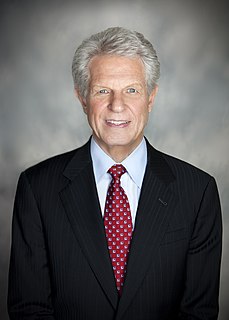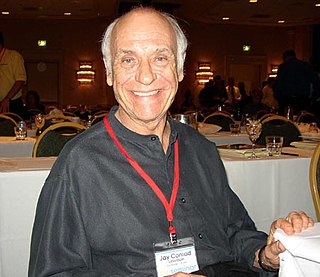A Quote by Maurice Saatchi
When a company owns one precise thought in the consumer's mind, it sets the context for everything and there should be no distinction between brand, product, service and experience.
Related Quotes
If you think of the product as a service, then the separate parts make no sense - the point of a product is to offer great experiences to its owner, which means that it offers a service. And that experience, that service, comprises the totality of its parts: The whole is indeed made up of all of the parts. The real value of a product consists of far more than the product's components.
A good ad is one simple idea, with humanity in it, that connects with consumers, that represents the value system of a company and then can connect it with the consumer. We always say a brand is set of shared values. So if you can simply demonstrate your value system as a brand, so that a consumer could say, "Ah, our values line up. I vote for you, brand!" that's a good ad.
I have tremendous brand experience. What I do a lot for Disney is manage the great brands of this company, whether it's Disney, ESPN, ABC, Pixar, Marvel, 'Star Wars.' And I'm very engaged in technology and its impact on the consumer, either what experience you deliver for them or how to market and sell to them.































